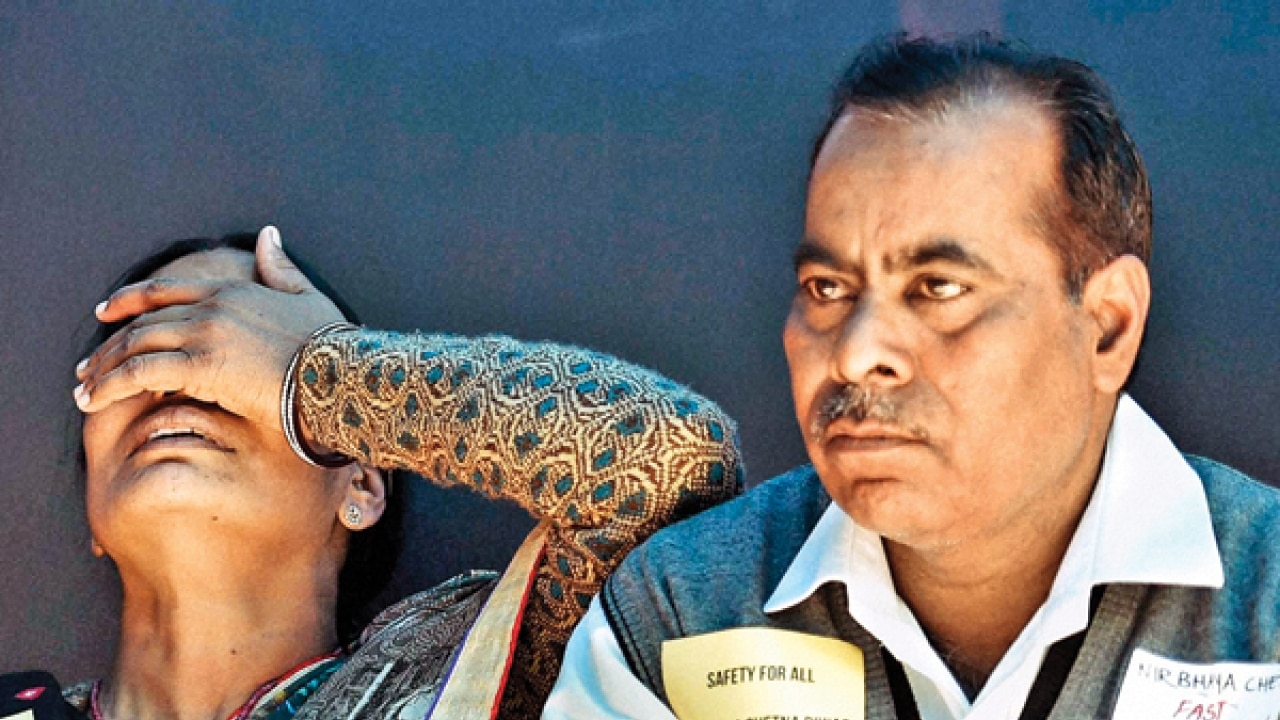
Among the many ugly paradoxes that determine our social relations, one of the most shameful is that which compels victims of sexual violence to keep their real identities under wraps. The reasons behind this deliberate erasure of identity largely stem from two reasons: given that the society we inhabit is deeply patriarchal, the shame and stigma of sexual violence is thrust upon the victims and not the perpetrators of these crimes. Therefore, the existing law that mandates us to not reveal the identity of the victim is aimed to protect victims against the societal backlash that — more often than not — come their way. That our society is indifferent to and yet perversely curious about victims of sexual assault does tell us a great deal about its innate culture of voyeurism and misogyny.
Hence, the recent decision of Asha Devi, mother of the victim of gang-rape on December 16, to reveal her daughter’s identity is indeed a watershed moment in breaking the culture of silence that we have come to accept as part of dealing with the incident. This is the culture that also panders to the same patriarchal notions that, in the first place, create the grounds for committing gender-based violence. And then justify these acts by putting the victims in the dock. Recall that even in the midst of the powerful outrage that erupted in the aftermath of December 16 gang-rape, questions were raised by some among the political classes about why the victim was out so late; why was she out with a male friend.
Also Read: My daughter's name was Jyoti Singh, declares Nirbhaya's mother
For three years, we have identified the December 16 victim by names that were not hers. These were names bequeathed to her by various sections of the media. Of all of them, ‘Nirbhaya’ (the one without fear) came to be used and circulated most widely. It must have been deeply hurtful and discomfiting for the family and friends to hear their loved one being repeatedly referred to by an unfamiliar name. This Wednesday, Asha Devi put an end to that chapter. “My daughter’s name was Jyoti Singh…I am taking her name today and so should all of you…I feel angry, not ashamed,” she declared publicly.
The powerful assertion brings to mind the emotive statement made by Sunitha Krishnan, a survivor of gang-rape, in an interview to Aljazeera.com two years ago. ““Let us write about men who commit such heinous crimes. Let us be curious to know who the rapist is and what his background is, instead (of finding out about the victim),” Krishnan said. This is also the moment to recall Suzette Jordan and her act of courage. A year after she was gang-raped in the heart of Kolkata, Suzette went public with her identity, refusing to succumb to the culture of victim-shaming. Her journey from being the “Park Street victim” to Suzette Jordan was difficult and yet empowering.
The revealing of a sexual assault victim’s identity is a significant step forward towards exposing the multiple ways misogyny functions in a society. Such actions of courage constitute a powerful challenge to the socially accepted notions built around patriarchy which project women’s bodies as the ultimate site of honour. The battle for gender justice has to be fought at many levels, at the level of institutions that are public as well as familial, to individual actions that give women the power of agency to decide their own destiny. Jyoti Singh died following a brutal sexual attack on her. Her mother has now taken forward the fight for gender justice.